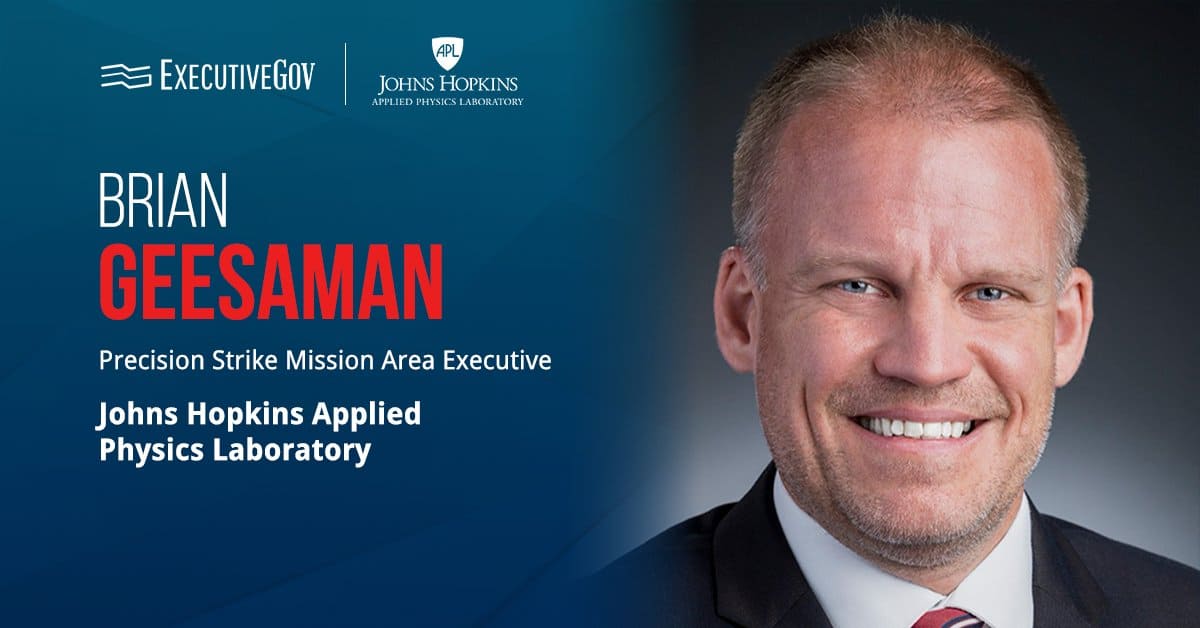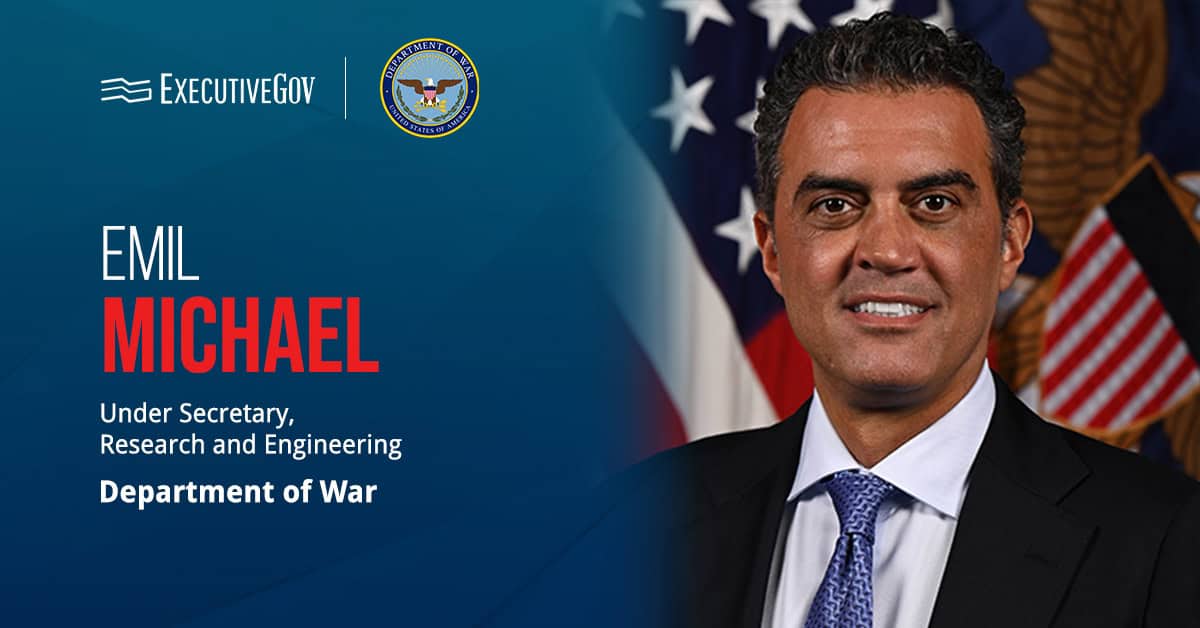
James Gfrerer, the Department of Veterans Affairs chief information officer, said during the recent ACT-IAC Health Innovation Summit that the department intends to migrate 350 applications to the cloud by 2024, Fedscoop reported Wednesday. Gfrerer noted that the number of current and new applications to move to a cloud environment comprises half of the department’s portfolio.
According to the CIO, the VA’s cloud transition efforts will utilize existing commercial systems and be based on a private-sector approach. The migration is also intended to support the department’s adoption of bandwidth and resource-heavy technologies such as those needed for an updated electronic health record.
“When you look at the backlog and the ability to continue operations and rating schedules and processing claims, that’s a very important business outcome that flows from that,†Gfrerer said.





